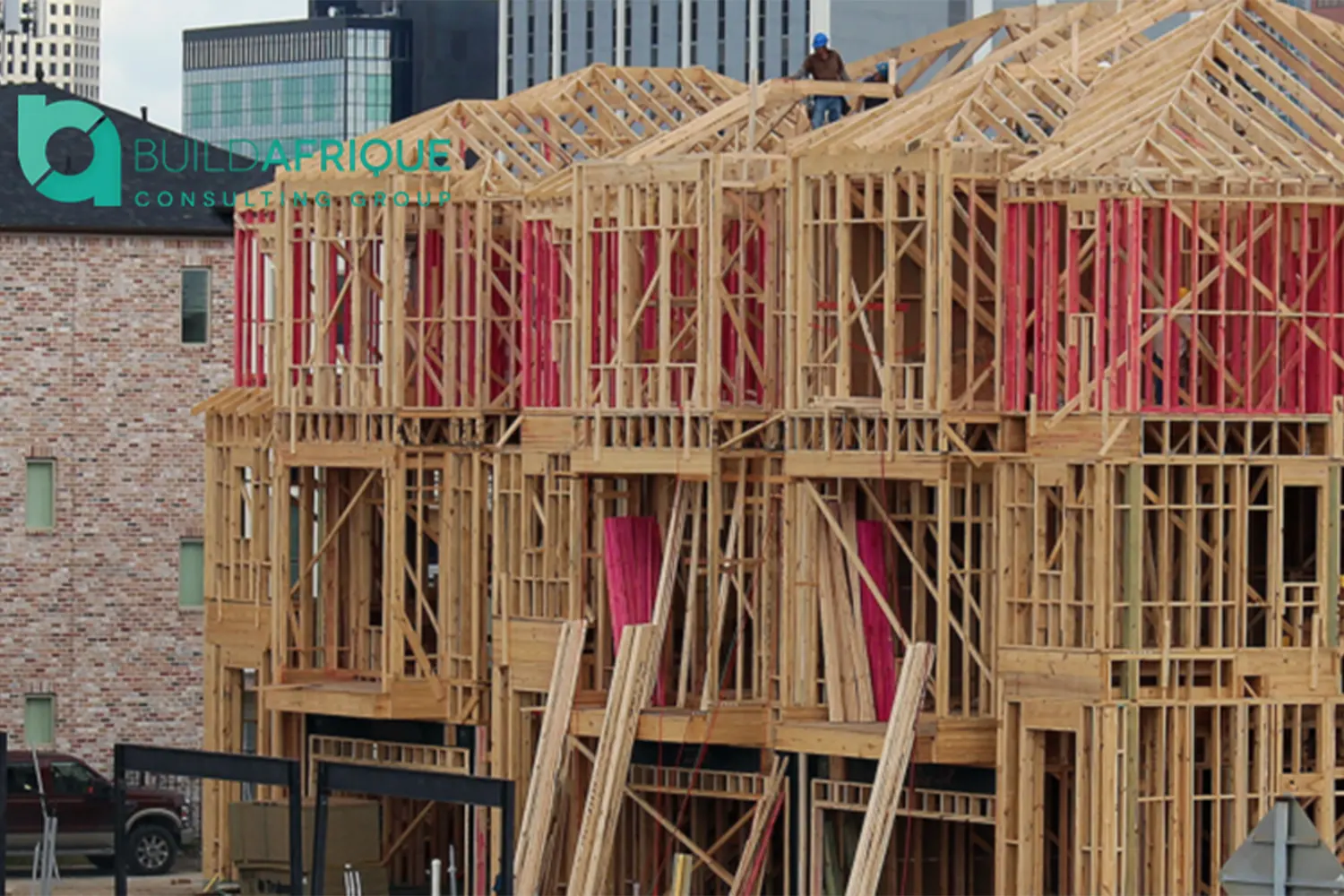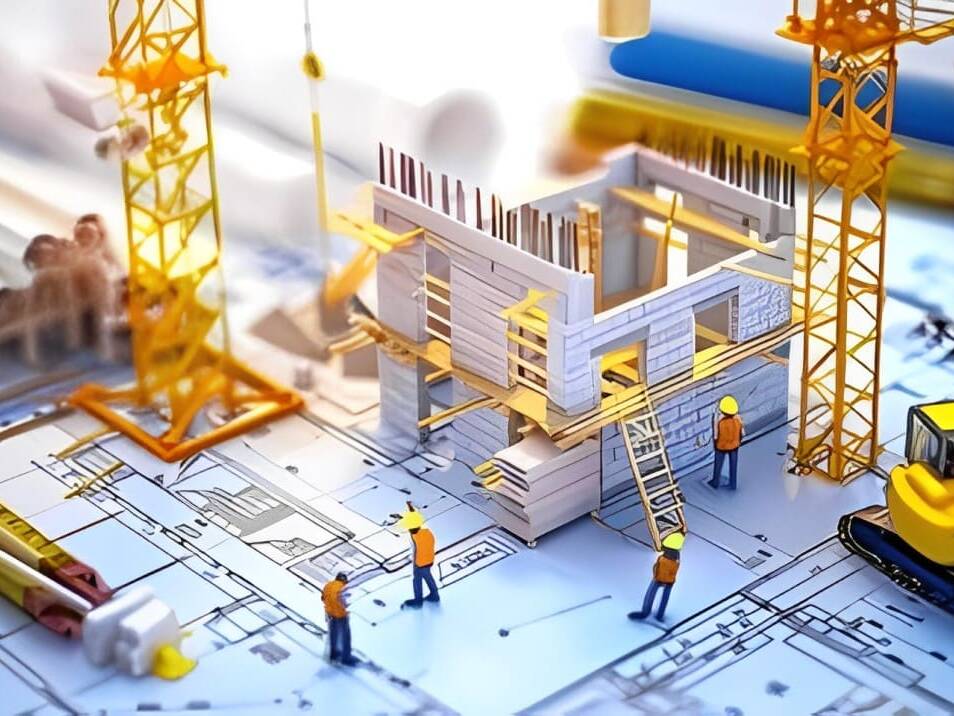Insights
Kenya’s quick tax gains that hurt the economy – A case of the headline maker; Low Cost Housing

Kenya’s low-cost housing scheme has been the talk of the town as many remain skeptical over its financial and operational feasibility. To a larger part of the population, corruption in our institutions may hinder take off of this ambitious project if not curtailed. However, to those who assert to know better, Kenya has not learned from the mistakes of countries such as Ethiopia and Angola who have similar housing schemes but have failed in implementation due to miscalculation. In our opinion, the commitment by the Kenyan government is laudable. From the provision of free land for development to the establishment of mortgage refinance, it is clear that the scheme was well advised. Despite this, however, developers remain unmoved by the prospects of the venture citing non-profitability and high associated risks. As statistics would indicate, private developers require at least 20 percent profit margin which is not available in low-end housing. Further, reports show that increased borrowing from the domestic market, the high cost of construction materials, high inflation, and high rates of joblessness, – currently at 11 percent against the global 5.7 percent – pose a disincentive to private developers.
While there exist many theories as to why the scheme might fail, Kenyans can agree that high expenditure levels in the country have in the recent past necessitated quick tax gains that is hurting the economy in more ways than the national government would care to admit: including the low-cost housing agenda.
Key among basic construction materials affected include paint production with the imposition of the eight percent VAT and Sh18 adulteration fee per liter of kerosene – a key raw material for paint and resin production. The imposition of new levies has seen the retail price of kerosene rising from Sh84.95 to Sh108.84, piling pressure for paint manufacturers who are reeling under high input costs. Crown Paints Kenya has now raised the prices of its products by at least eight percent, with other manufacturers expected to take similar measures. According to the company’s management, production costs have risen by 10 percent as the price increase has affected roof paints, gloss paints, varnishes and thinner, which cleans up surfaces after using oil-based paints.
Similarly, cement and steel manufacturers are expected to raise their prices given that the government is adamant on reclassifying  imported raw steel arguing that it contains 0.0008 percent boron mineral. As a result, raw steel meant for reprocessing attracts 35 percent import duty instead of 0 duty. In a country where the logging ban has been extended to December 2019, this has immense effects on the construction sector. With the cost of the 3 most important components of construction going up, it negates the government’s objectives to keep the cost of housing down. Currently, the cost of a bag of cement has gone up from Ksh 580 to 610.
imported raw steel arguing that it contains 0.0008 percent boron mineral. As a result, raw steel meant for reprocessing attracts 35 percent import duty instead of 0 duty. In a country where the logging ban has been extended to December 2019, this has immense effects on the construction sector. With the cost of the 3 most important components of construction going up, it negates the government’s objectives to keep the cost of housing down. Currently, the cost of a bag of cement has gone up from Ksh 580 to 610.
In support of affordable housing, manufacturers such as Crown Paints have been on the frontline to create appropriate products. In October, the company was set to launch a paint product for Ksh 100 but due to increased transport costs, increased production cost had to be factored in. According to the manufacturer, the move is a mockery of the government’s commitment to making housing more affordable. The company recommends lowering VAT by 5 to 6 percent for the next 3 years to entice more people to join in the affordable housing agenda.
Now, by taking a critical look at the amount of construction that is expected to take place in the next 3 years, we can conclude that billions of shillings will be injected into the construction sector alone. This means that businesses will grow 3 to 4 times larger thereby creating millions of jobs and having a significant impact on the economy. The government may not get taxes directly but with the impact on the economy, it will collect more on income and corporate taxes. Moreover, the government can charge higher rates of VAT at a postponed date as had been suggested by members of Parliament before the implementation of the fuel levy in September 2018.
According to investments analysts, what is at stake is the cost of ongoing and upcoming projects; a risk that could rise tremendously as transport costs, for example, is a key factor that accounts for 30 to 40 percent of the overall cost. This is why a project will be cheaper or expensive depending on the location of the project.
With high overall costs, there is a likelihood that suppliers of construction materials may compromise on the quality of these products just to keep their costs favorable to developers. Therefore, as far as affordable housing is concerned, an increase in costs due to quick tax gains presents two challenges; expensive construction, which goes against the goal of making homes more affordable, and two; deterring of commuters who would wish to buy these affordable homes. As is, we are looking at land for mass building, which means moving further away from satellite towns as we know them. With high transport costs and the high cost of construction material on imported wood and steel- that necessitate an increase in final house prices, fewer people would be willing to buy and live in these houses.
This article is written by Buildafrique Consulting Group; a multi-disciplinary consulting group of four (4) specialized companies, that offers End-to-End Real Estate and Development Solutions to Investors, Developers, and Prospective Home Owners in Kenya and the Regions.
Contact Us today for Solutions to your Challenge in Real Estate Investment and Project Development:
- Email: [email protected]
- Tel: +254 722 474285 / + 254 20 8058493
- Website: www.buildafrique.com
Related
Insights
Project Finance Feasibility Studies Consultant Company In Kenya
Buildafrique is a Kenya Project Finance Feasibility Studies Consultant Company and Market…
Construction Investment Projects Feasibility Studies Consultant In Kenya
Buildafrique is a Construction Projects and Real Estate Feasibility Studies Consultant…






